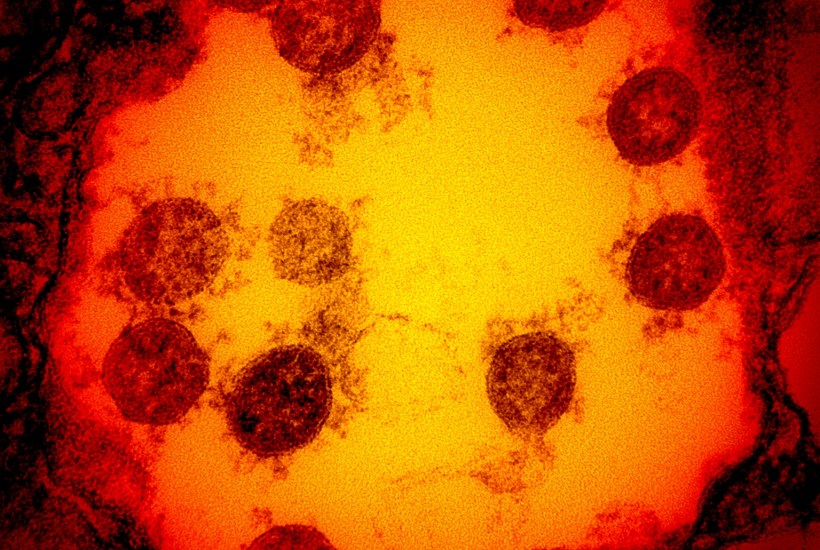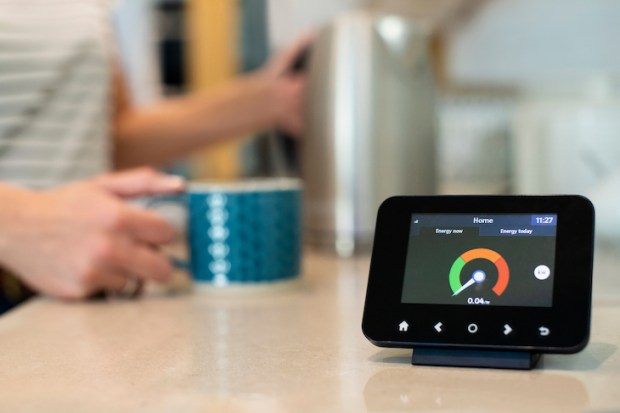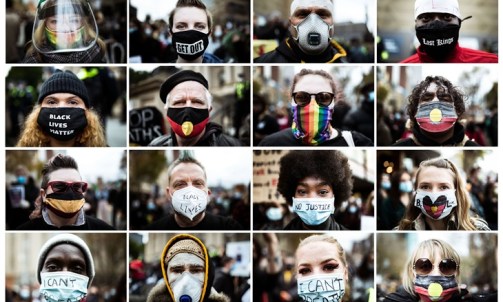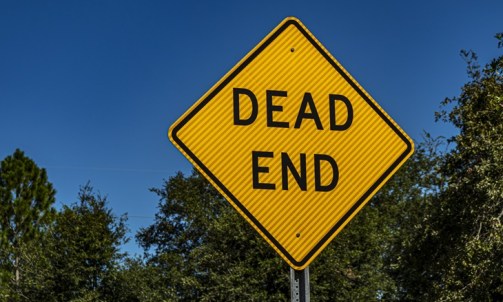More data emerges on one of the central questions of the Covid-19 epidemic: just how many of us have had the infection and have, as a result, built up some immunity towards it? The question is crucial because it governs whether or not we need to fear a second spike of the epidemic.
In its latest weekly surveillance report, Public Health England (PHE) revises its estimate for the percentage of the English population which is carrying antibodies to SARS-CoV-2, the virus that causes Covid-19. It now says that 6.5 per cent have had the virus, compared with an estimate of 8.5 per cent it made on 4 June. In London, it estimates that 9.9 per cent have had the virus, down from the 15.6 per cent it estimated on 4 June.
Are levels of antibodies fading and resistance wearing off? These statistics might indicate that immunity to Covid-19 is short-lived, with repercussions for the likely success of a vaccine. It was a possibility raised by the report, which stated that ‘waning immunity may also be a contributory factor’. But PHE downplays this possibility, claiming that the apparent decline is more likely a statistical quirk. The estimates are gathered from samples of blood donors and earlier estimates excluded the over 70s, who were banned from donating blood at the height of the epidemic.
It ought to also be pointed out that these are just estimates with a wide margin of error – the 4 June estimates, for example, put the percentage of people with antibodies at between 6.9 per cent and 10 per cent, with 8.5 per cent as its central estimate. The latest estimate does closely match the Office of National Statistics’s estimate from June that 6.3 per cent of us have had the virus.
There is also a question, however, as to how good a guide the presence of antibodies is to immunity – or whether the body’s T cells are capable of fighting the disease on their own without an antibody response. If so, it is possible that many people may have effective immunity without the detectable presence of antibodies in their blood.





















Comments
Don't miss out
Join the conversation with other Spectator Australia readers. Subscribe to leave a comment.
SUBSCRIBEAlready a subscriber? Log in